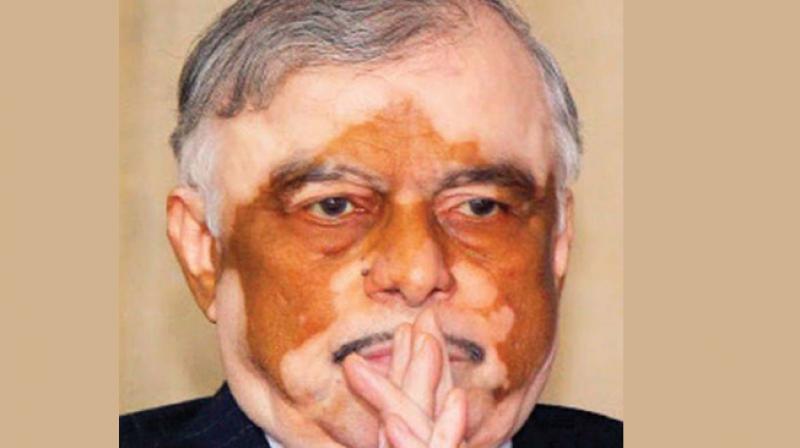Medical bill: All eyes now on Governor P Sathasivam
The state government is the defendant in the case filed by the Medical Council in the Supreme Court.

Thiruvananthapuram: Governor P. Sathasivam’s decision on the Kerala Professional Colleges (Regulation of Admission in Medical Colleges) Bill of 2018 would be crucial since the ordinance issued by the government has been stayed by the Supreme Court. The Governor can return the Bill to the legislature by invoking the power under Article 200 of the Constitution. A Bill passed by the Assembly has to receive the Governor’s assent and should be published in the gazette before it becomes an Act.
The state government is the defendant in the case filed by the Medical Council in the Supreme Court. The students and their parents have also applied to join the defendant. The court would pronounce its final verdict after hearing their arguments in May. It is likely that the Governor may postpone the decision on signing the Bill. The Medical Council may challenge the Bill in the court even if the Governor signs it while the case comes up again after four weeks.
Meanwhile, former KPCC president V.M. Sudheeran has written to the Governor asking him not to give assent to the Bill as it is intended to replace the Kerala Professional Colleges (Regulation of Admission in Medical Colleges) ordinance that was stayed by the Supreme Court. Earlier, the Governor had sent back the ordinance with two questions: “What’s the hurry in bringing out an ordinance?” and “Does the ordinance have any connection with the case in the High Court regarding the new private colleges’ rules?”
However, after the government informed the Governor that the ordinance was for protecting the future of the students with merit, he gave his assent to the ordinance. Law secretary B.G. Hareendranath had also informed the Governor that the students were ousted after they had completed one year of academics, and that they should not be punished for the mistakes of the management.
The Admission Supervisory Committee which is constituted under the State Act of 2006 had found that the admission of certain students during 2016-2017 was illegal, irregular, corrupt and vitiated by foul play and nepotism. The finding has been upheld by the High Court as well as the Supreme Court. Both the courts had come down heavily on the illegal action of the management, in the process of admission which was vitiated by clear instances of corruption, capital fees and other instances of malpractice.

